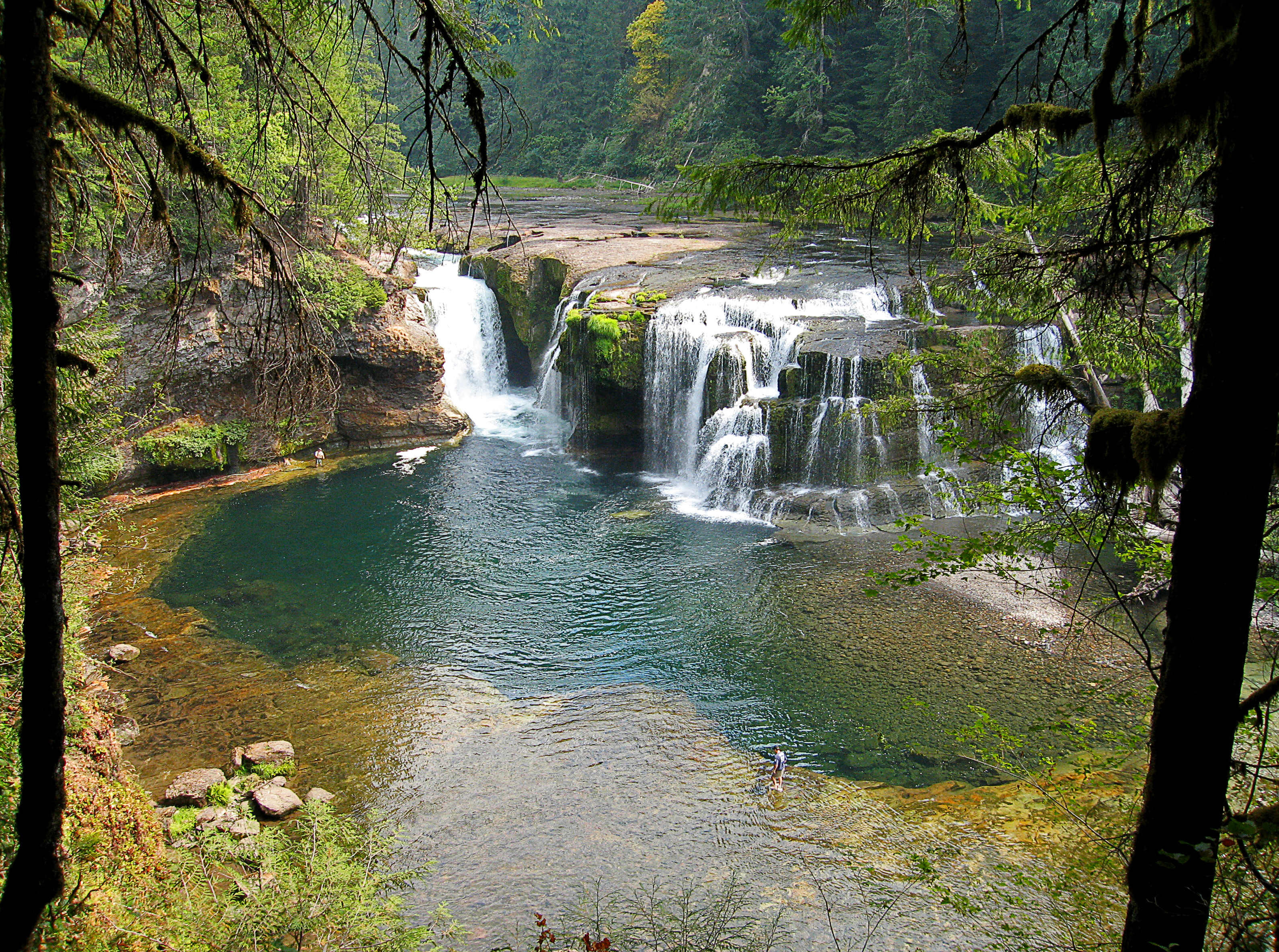APPRECIATING Greatly this 'Project Visualization Tool' - in this Scratch Programming Getting Unstuck 10-day online 'workshop' with small prompts
Getting Unstuck 2020 coding with Scratch language: https://
A kind of assessment process too which makes new helpful coding suggestions automatically, creatively!
Project Visualization Tool -
What did you make?
What did you learn?
Thank you for participating in Getting Unstuck! To explore some of what you made and learned, enter your username here.
What did you learn?
Thank you for participating in Getting Unstuck! To explore some of what you made and learned, enter your username here.
#GettingUnstuck
Getting Unstuck 2020 coding with Scratch language: https://gettingunstuck.gse.harvard.edu/
Project Visualization Tool - What did you make?
What did you learn?
To explore some of what you made and learned, enter your username here:
https://gettingunstuck.gse.harvard.edu/participation
#GettingUnstuck https://scratch.mit.edu/users/ScottWorldUnivAndSch/ ~
Getting Unstuck 2020 coding with Scratch language: https://t.co/WtYneoSttB— WorldUnivandSch (@WorldUnivAndSch) July 9, 2020
Project Visualization Tool - What did you make?
What did you learn?
To explore some of what you made and learned, enter your username here:https://t.co/44k24MbKKZ#GettingUnstuck https://t.co/of0Grnq7w3 ~
https://twitter.com/WorldUnivAndSch/status/1281336474009362432?s=20
https://twitter.com/scottmacleod/status/1281341935668486144?s=20
https://twitter.com/sgkmacleod/status/1281342255215726592?s=20
*
Broadcast blocks in Scratch programming language https://mailchi.mp/gse/getting-unstuck-2020-day-4 >
https://scratch.mit.edu/studios/27044057/
my project: https://scratch.mit.edu/projects/410651032/ - https://scratch.mit.edu/users/Helianth/ @scottmacleod - #GettingUnstuck - https://wiki.worlduniversityandschool.org/wiki/Programming #WUaSProgramming Scratch in a #RealisticVirtualEarthForLego !
Broadcast blocks in Scratch programming language https://t.co/8WszsnJzJ5 >https://t.co/xuQN6f7BHi— WorldUnivandSch (@WorldUnivAndSch) July 9, 2020
my project: https://t.co/AG8ixlQAtg -https://t.co/cM94ba2599 @scottmacleod - #GettingUnstuck - https://t.co/SxtKrv3f8J #WUaSProgramming Scratch in a #RealisticVirtualEarthForLego !
https://twitter.com/WorldUnivAndSch/status/1281338060198699008?s=20
https://twitter.com/scottmacleod/status/1281341860762402816?s=20
https://twitter.com/sgkmacleod/status/1281342172529168384?s=20
*
Here are my (https://scratch.mit.edu/users/
F, July 10
color Sensing blocks
Th, July 9
broadcast blocks
my project - https://scratch.mit.edu/
( Broadcast () (block) - https://en.scratch-wiki.info/
#GettingUnstuck https://
W, July 8
parallelism
my project - https://scratch.mit.edu/
Tu, July 7
control a sprite from keyboard
my project - https://scratch.mit.edu/
(great project for learning https://scratch.mit.
M July 6, 2020
Surprise
my project - https://scratch.mit.edu/
And I'm coding from here
(but here is my other Scratch profile - https://scratch.mit.edu/users/
*
Interactively:
F, July 10
color Sensing blocks
my project - https://scratch.mit.edu/
Th, July 9
broadcast blocks
my project - https://scratch.mit.edu/
W, July 8
parallelism
my project - https://scratch.mit.edu/
Tu, July 7
control a sprite from keyboard
my project - https://scratch.mit.edu/
M July 6, 2020
Surprise
my project - https://scratch.mit.edu/
And I'm coding from here
(but here is my other Scratch profile - https://scratch.mit.edu/users/
* * *
Star-Spangled Harmony (Getting Unstuck 2020 ... ) ...
https://scratch.mit.edu/projects/409618955/
Scott:
I could see this program as a great example to explore composing for the (9-notes' only) A and D chanters on the Scottish Small Pipes (I think alto and tenor lines are close - will look), and even with Scratch to sheet music, - and especially for writing duets to play in particular with someone who's taking SSP lessons with me! Thanks for this programming inspiration, Karen.
Scott:
Helianth
Report
Great, Karen, and inspiring! But isn't the alto line really the soprano line, since your programming doesn't play the Fs in bars 6 & 7? (I may be not hearing this correctly, but if so, how could I even change this, for learning purposes, I wonder?) Thank you!
Karen B:
Scott:
* *
M, Tym, David,
Some musical Scratch programming explorations:
1
And here's Karen Brennan's recent programming of Alto and Tenor voices for the Star Spangled Banner (nice tenor line!)
Star-Spangled Harmony (Getting Unstuck 2
(She recently became an American citizen - possibly holding dual citizenship with Canada. She's also the faculty member teaching the Getting Unstuck course below).
I could see this as a great example to explore the A and D chanters on the Scottish Small Pipes, and even to begin composing on sheet music, and in Scratch computer programming, and especially for writing duets to play in particular with Taylor who's taking SSP lessons with me!
How are you all doing this summer? Barbarously hot here yesterday, but it cooled down in the early evening in time for an incredible hour-long walking journey into Indian valley, and the far side of the massif (overlooking Moraga) to my east! Hope you're all doing well.
Am enjoying the free online 10 day Getting Unstuck Scratch programming 'summer camp' and here's today's prompt and email https://mailchi.mp/gse/
Warmly, Scott
SPACESHIP Heating and Cooling:
Some Mars' mission humor ~
* *
Looked up the ranges of SATB choral human voices to explore with Scottish Small Pipes' D & A chanters ...
Soprano, the highest human vocal register, extending approximately from middle C to the second A above. A voice with a range approximately from the A below middle C to the second F or G above is termed a mezzo-soprano.
https://www.britannica.com/art/soprano
In SATB four-part mixed chorus, the alto is the second highest vocal range, above the tenor and bass and below the soprano. The alto range in choral music is approximately from F3 (the F below middle C) to F5 (the F in the second octave above middle C).
https://en.wikipedia.org/wiki/Alto
Alto, (Italian: “high”), in vocal music the register approximately between the F below middle C to the second D above—the second highest part in four-part music. The word alto originally referred to the highest male voice, singing falsetto (see countertenor).
https://www.britannica.com/art/alto-vocal-range
Tenor, highest male vocal range, normally extending approximately from the second B below middle C to the G above; an extremely high voice, extending into the alto range, is usually termed a countertenor (q.v.). In instrument families, tenor refers to the instrument of more or less comparable range (e.g., tenor horn)
https://www.britannica.com/art/tenor-vocal-range
Normally, the baritone parts are written for a range of A to f ′
https://www.britannica.com/art/baritone-vocal-range
In vocal music, the bass is the lowest male voice, with a typical range from the second E below middle C to F♯ above; the basso profundo is low and rich, while the basso cantante (“singing bass”) is lighter and more lyric.
https://www.britannica.com/art/bass-vocal-range
* *
So the A chanter on the SSP plays these notes:
And the D chanter on the SSP plays these notes:
...






